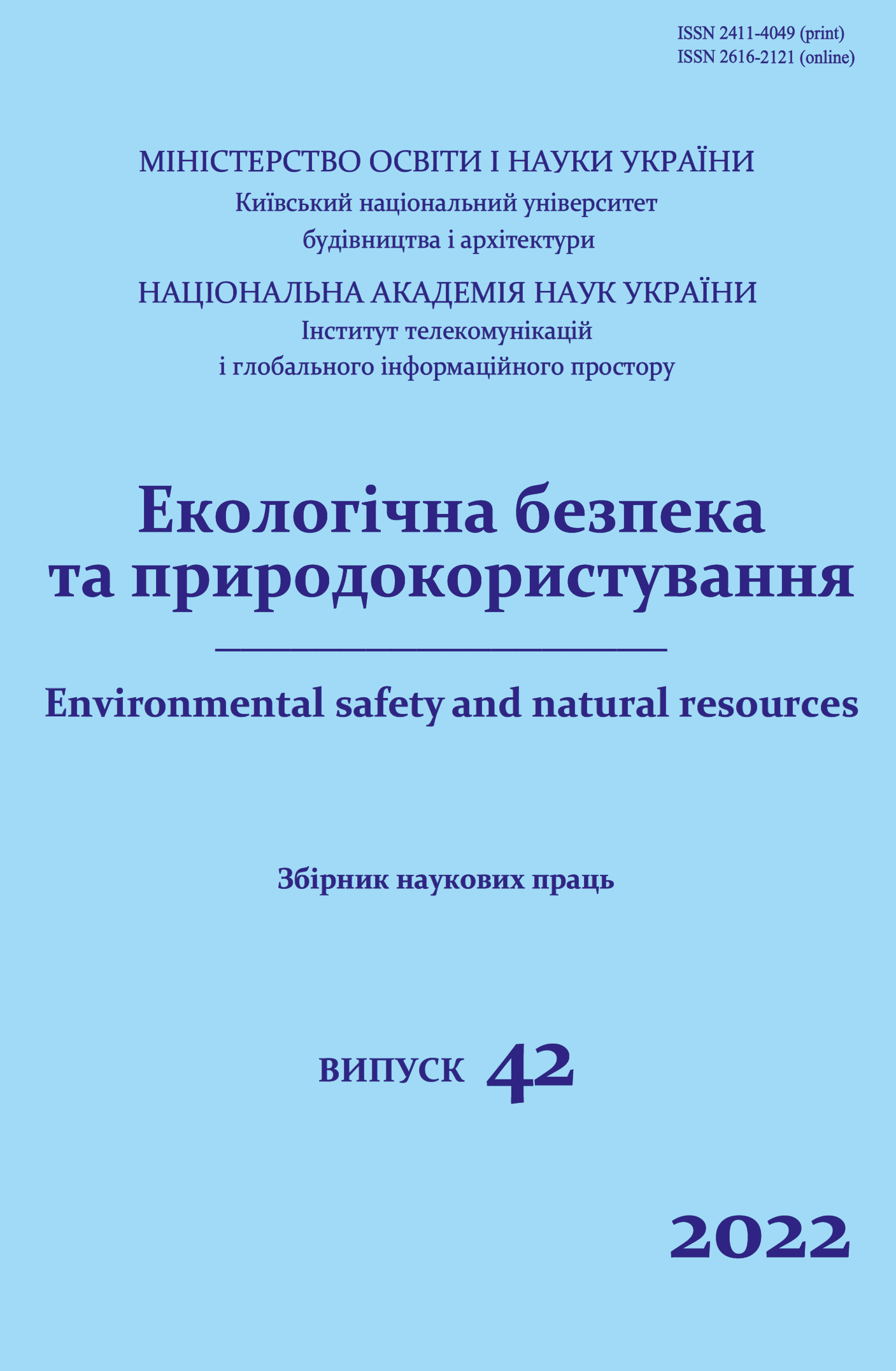Hydrostatic pressure in granular environment
DOI:
https://doi.org/10.32347/2411-4049.2022.2.86-95Keywords:
conical slot hopper (silo), pressure in granular systems, lattice gas in gravitational field, density field, configuration entropy, hydrostatics of granular mediumAbstract
The problem is that to date there is no general theory of the granular state of matter in a closed form. However, there are some well-developed models that use, for example, the representation of a continuous environment. Typical bulk material is a large conglomeration of micro-mechanical particles of different sizes and shapes that interact with each other and the walls contain containers by mainly repulsive forces in direct mechanical contact (by nature it is forces of electromagnetic origin – dry and viscous friction forces, as well as traction).
In the proposed work to study the pressure in a multiparticle micro-mechanical system, a model of a lattice gas in a gravitational field is considered. Analysis of the determination of free energy and entropy allowed us to establish the corresponding equilibrium density profile, which is described by a Fermi-type function. The Fermi profile in the form of a density field was used to find the vertical hydrostatic pressure for which the analytical expression was obtained. Hydrostatic pressure was different from the known relations derived from the theory of condensed matter. The obtained results are confirmed by experimental observations, which indicate a complex, anisotropic significantly different from the known from the theory of condensed matter distribution of even vertical pressure in large conglomerations of discrete micro-mechanical particles. Which really repeats the Fermi distribution. The obtained results stimulate the revision of typical ratios of hydrostatics of continuous media, such as Pascal's laws. Torricelli, Archimedes and Bernoulli in the case of discrete micro-mechanical (granular) systems. The conclusions of the work can be significant in the design and evaluation of operating parameters of storage, release and transportation of bulk cargo, which consist of discrete micro-mechanical conglomerations with different degrees of compaction and compaction.
References
Janssen, H. A. (1895). Versuch über Getreidedruck in Silozellen. Zeitschrift des vereins Deutscher Ingenieure, 39(35), 1045-1049.
Boutreux, T., Raphaël, E., & De Gennes, P. G. (1997). Propagation of a pressure step in a granular material: The role of wall friction. Physical Review E, 55(5) doi: https://doi.org/10.1103/PhysRevE.55.5759.
Gerasymov, O.I. (2016). Physics of granular materials. Odesa: TES [in Ukrainian].
Gerasymov, O.I., & Spivak, A.Ya. (2020). Some problems of soft matter physics. Odessa: Helvetica Publishing House [in Ukrainian].
Fiscina, Jorge E., & Cáceres, Manuel O. (2005). Fermi-like behavior of weakly vibrated granular matter. Phys. Rev. Lett. 95, 108003.
Gerasymov, O.I., & Spivak, A.Ya. (2019). Parameterization of the local structure of micro-mechanical systems (granular materials). In The Bogolyubov Kyiv Conference ”Problems of theoretical and mathematical physics”, (p. 73). Kyiv, Ukraine.
Samchenko, D. N., Kochetov G. М., & Vasiliev, A. (2020). Еnergy-saving technology for processing of galvanic sludge with obtaining of radio-absorbing materials. Environmental Safety and Natural Resources, 35(3), 30–43. doi: https://doi.org/10.32347/2411-4049.2020.3.30-43.
Downloads
Published
How to Cite
Issue
Section
License
Copyright (c) 2022 Gerasymov O.I., Sidletska L.M.

This work is licensed under a Creative Commons Attribution 4.0 International License.
The journal «Environmental safety and natural resources» works under Creative Commons Attribution 4.0 International (CC BY 4.0).
The licensing policy is compatible with the overwhelming majority of open access and archiving policies.

